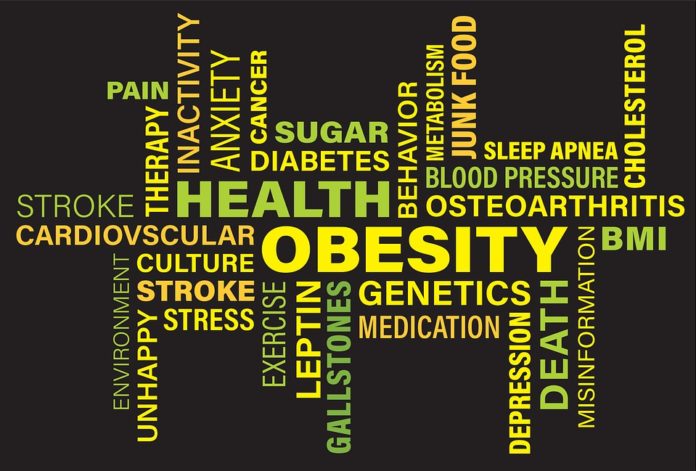Although the two bad habits and arguable ailments are often intertwined, recent studies show that getting adequate sleep reduces the desire to consume junk food. According to the Cologne University in Germany, staying up later promotes the chemicals and hormones in the brain that trigger both comfort eating and hunger.
Researchers at the Cologne University discovered that participants in their experiments were more likely to spend more money on sugary snacks and biscuits after staying up for an entire night with no sleep. When they did sleep adequately, however, they were far less likely to waste money on junk food. This might explain why most people are more likely to spring for cookies, potato chips and candy than fruits and vegetables during those late night craving incidents.
Furthermore, evidence has proven the relation between insomnia and weight gain. MRI scans of participants’ brains showed that there is, in fact, a physical connection between staying up at night without sleep and the parts of the brain responsible for controlling appetite and reward-seeking behaviors. Blood tests ran on the test subjects also showed an increase in ghrelin, the chemical that tells our body when to eat.
The study followed the habits of 32 men, aged between 19 years and 33 years, who were both allowed to sleep soundly and kept awake all hours of the night. Those who were told to stay in the laboratory to be kept awake were then given a set amount of cash in the morning to spend on food. While they stayed awake all night, images of products were flashed upon a screen, with increasing prices. Only while deprived of sleep, participants opted to spend more and more money on unhealthy junk food. The purpose of this study was to establish a connection between obesity and sleep deprivation.






